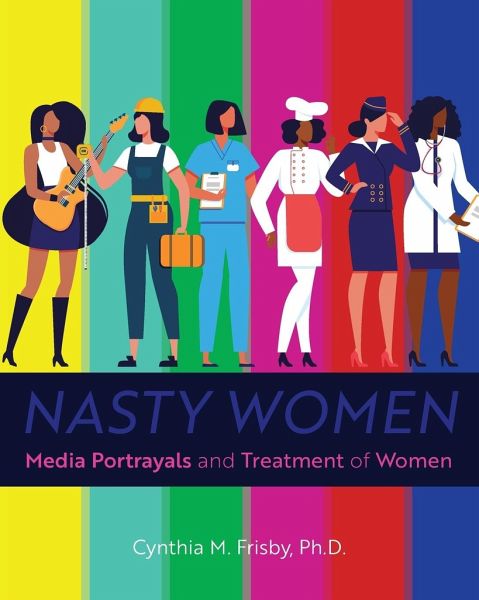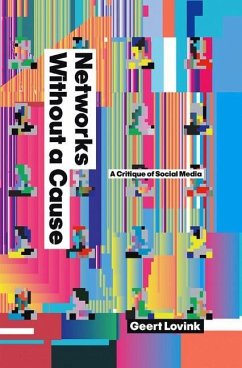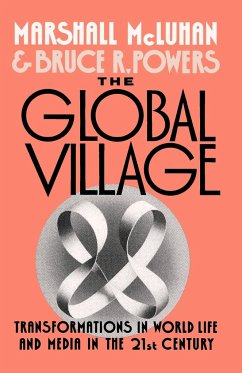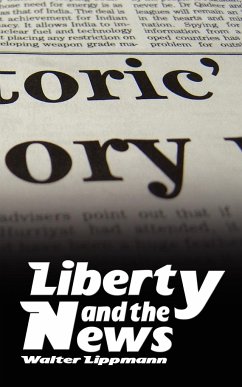
Nasty Women
Media Portrayals and Treatment of Women

PAYBACK Punkte
41 °P sammeln!
Nasty Women: Media Portrayals and Treatment of Women provides readers with a comprehensive examination of the portrayals of women in mass media that appear to be divided along gender, race/ethnicity, social status, age, disability, sexual orientation, and body image. The book also covers how women's privileges, disadvantages, and exclusions are treated in the media. How have women been misrepresented and mistreated in today's mass media venues? Women's changing roles in American history and politics, as well as their roles in news stories as experts and credible and reliable sources, are a few...
Nasty Women: Media Portrayals and Treatment of Women provides readers with a comprehensive examination of the portrayals of women in mass media that appear to be divided along gender, race/ethnicity, social status, age, disability, sexual orientation, and body image. The book also covers how women's privileges, disadvantages, and exclusions are treated in the media. How have women been misrepresented and mistreated in today's mass media venues? Women's changing roles in American history and politics, as well as their roles in news stories as experts and credible and reliable sources, are a few of the subjects found in dedicated chapters. Other chapters provide insights into: 1) the challenges faced by women who identify as LGBTQIA+; 2) research on depictions of violence against women; 3) media portrayals of women as victims or perpetrators of violence; 4) how women's bodies are imagined in mass media content; and 5) portrayals and depictions of women starring in popular reality television shows. A discussion on the various "isms," such as racism, sexism, heterosexism, colorism, lookism, and body-ism, are further introduced to readers, as are the theories of feminism, theories used in mass communication research, social psychology theories, and queer theory. Nasty Women is an instructive and necessary resource for courses in sociology, mass communication, journalism, women's and gender studies, graduate programs, and other social sciences disciplines that focus on media effects, culture, and society.














